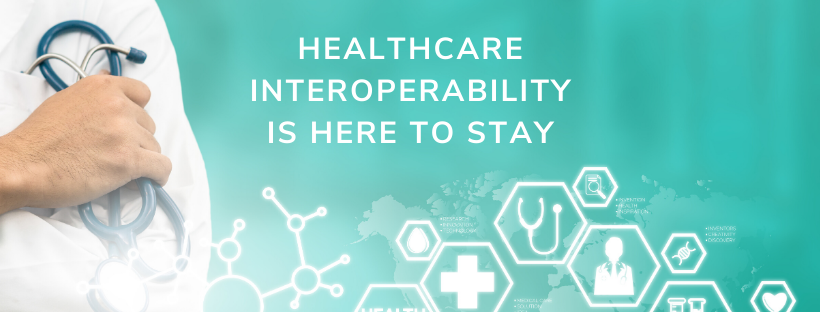
What is Healthcare Interoperability?
In the first post of our 3-part series, we’ll examine what healthcare interoperability is, the three levels of interoperability, and EnsoData’s vision for interoperability.

In the first post of our 3-part series, we’ll examine what healthcare interoperability is, the three levels of interoperability, and EnsoData’s vision for interoperability.

8 Hour Sleep Clinic will turn four years old later this year, and despite their relative youth in sleep medicine, there are a lot of amazing things happening with their sleep practice.
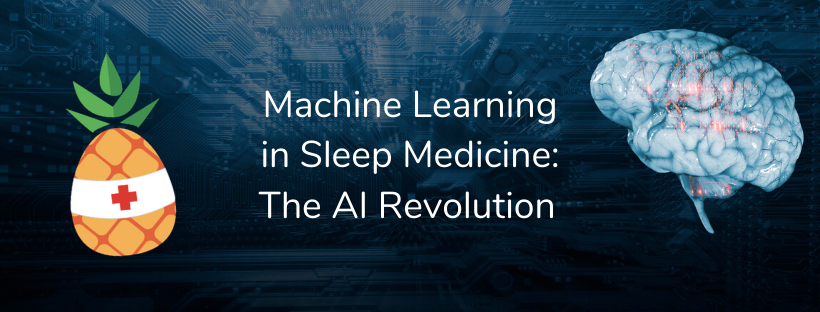
In today’s post, we will be diving back into the future relationship of AI and sleep medicine, and how machine learning will lead to new opportunities in sleep.

By simplifying the process for analyzing the human body to accurately diagnose health conditions, we were thrilled to announce on June 10th the close of our $9 million Series A financing round.
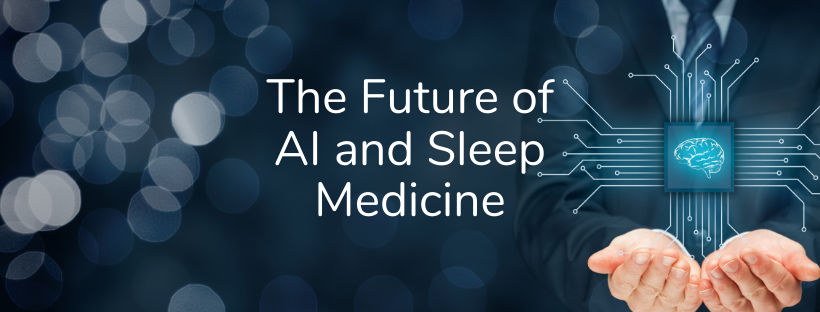
Today, we will be discussing AI and sleep medicine, the current relationship between them and how AI might transform sleep medicine going forward.
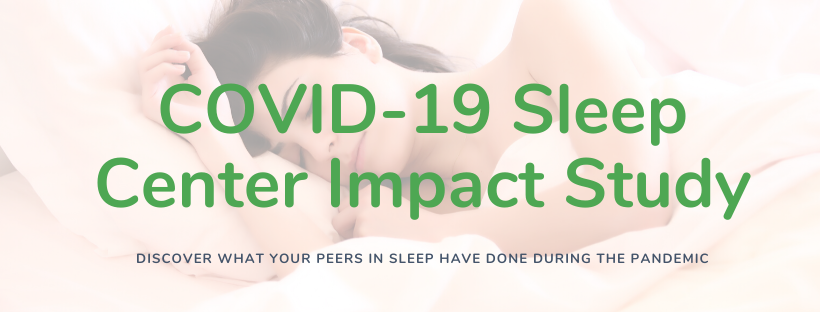
To collect the data discussed in our downloadable COVID-19 Sleep Center Impact Study, we conducted 100 phone interviews of leading sleep medicine clinicians and operators at sleep clinics.

In light of the COVID-19 pandemic, sleep labs are facing a variety of new challenges and many unanswered questions.

Our team embarked on a nationwide market research project to understand the biggest challenges sleep centers are facing as they adjust patient care and operations in light of COVID.
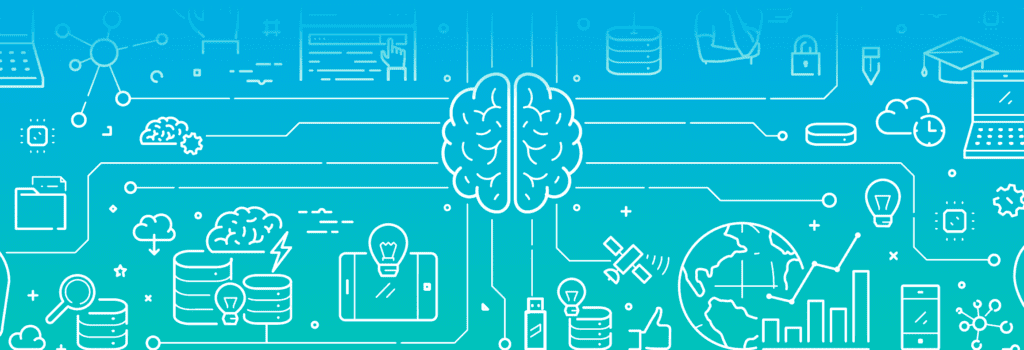
In this opinion piece, I explore the potential benefits of data collection, and give my opinion on how we will use huge amounts of data to help, rather than hurt or control, individuals and society.
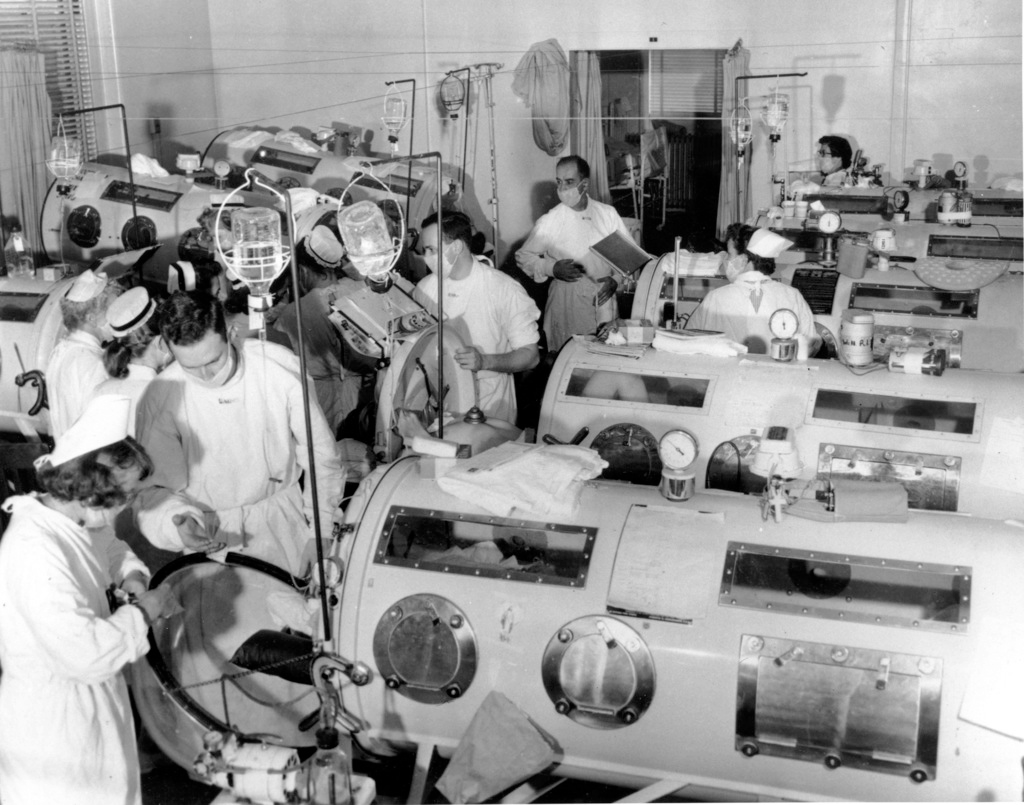
In these difficult times where it seems like the lowest-tech items are what stand in the way of providing care, it’s good to be reminded of the powerful role that healthcare technology has played in past pandemics.